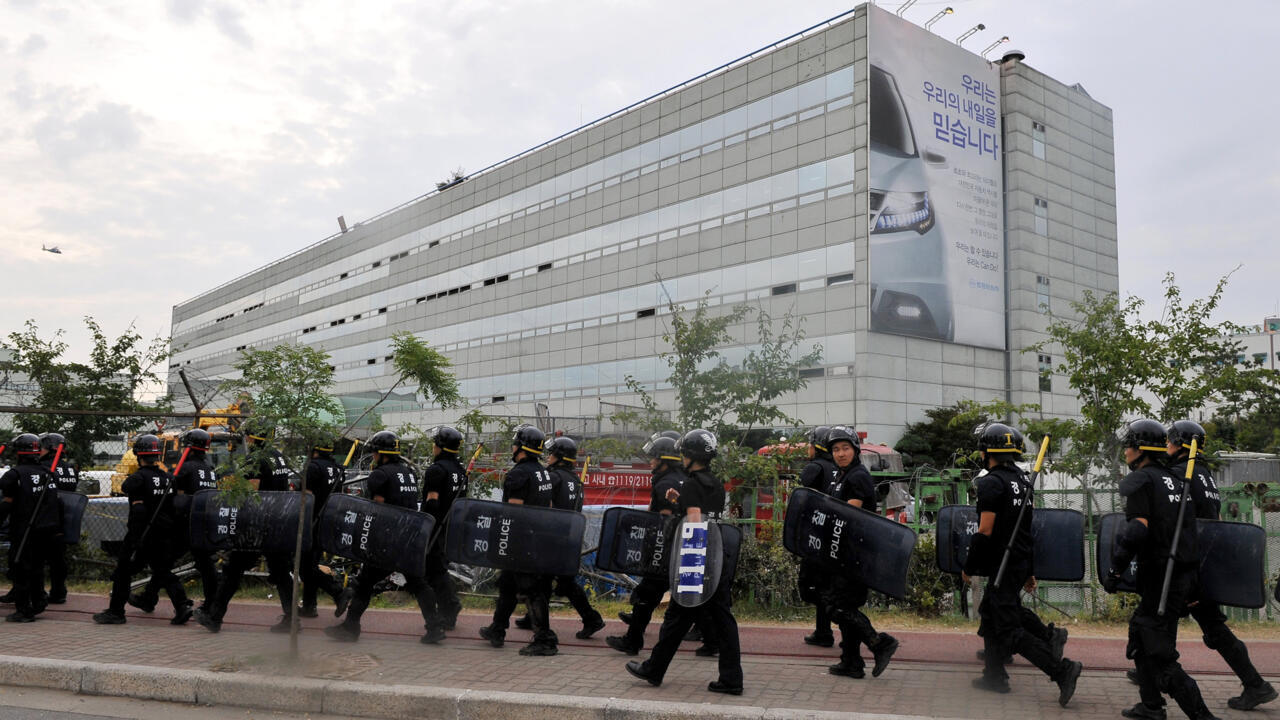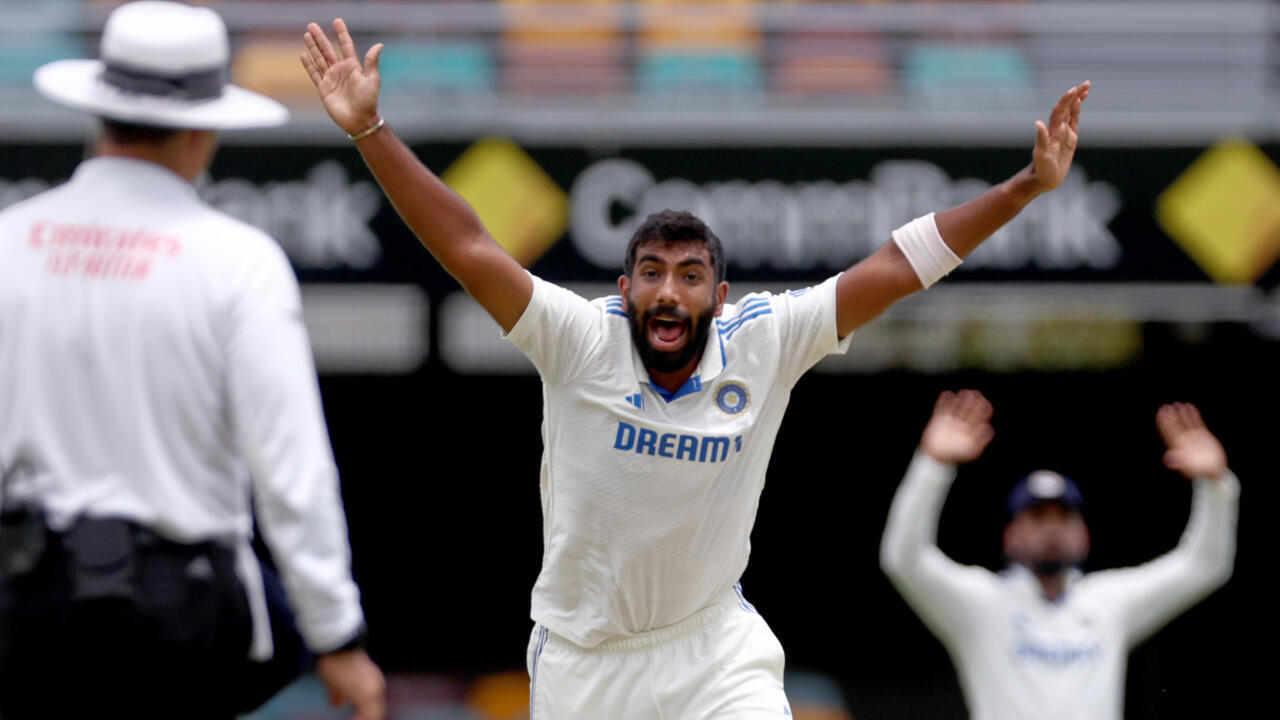The success of “Squid Game” in 2021 left him feeling “empty and frustrated”.
“At the time, it felt like the story of the Ssangyong workers had been reduced to a commodity in the series,” Lee told AFP.
“Squid Game”, the streaming platform’s most-watched series of all time, is seen as embodying the country’s rise to a global cultural powerhouse, part of the “Korean wave” alongside the Oscar-winning “Parasite” and K-pop stars such as BTS.
But its second season comes as the Asian democracy finds itself embroiled in some of its worst political turmoil in decades, triggered by conservative President Yoon Suk Yeol’s failed bid to impose martial law this month.
Yoon has since been impeached and suspended from duties pending a ruling by the Constitutional Court.
That declaration of martial law risked sending the Korean wave “into the abyss”, around 3,000 people in the film industry, including “Parasite” director Bong Joon-ho, said in a letter following Yoon’s shocking decision.
Vladimir Tikhonov, a Korean studies professor at the University of Oslo, told AFP that some of South Korea’s most successful cultural products highlight state and capitalist violence.
“It is a noteworthy and interesting phenomenon — we still live in the shadow of state violence, and this state violence is a recurrent theme in highly successful cultural products.”
© 2024 AFP






